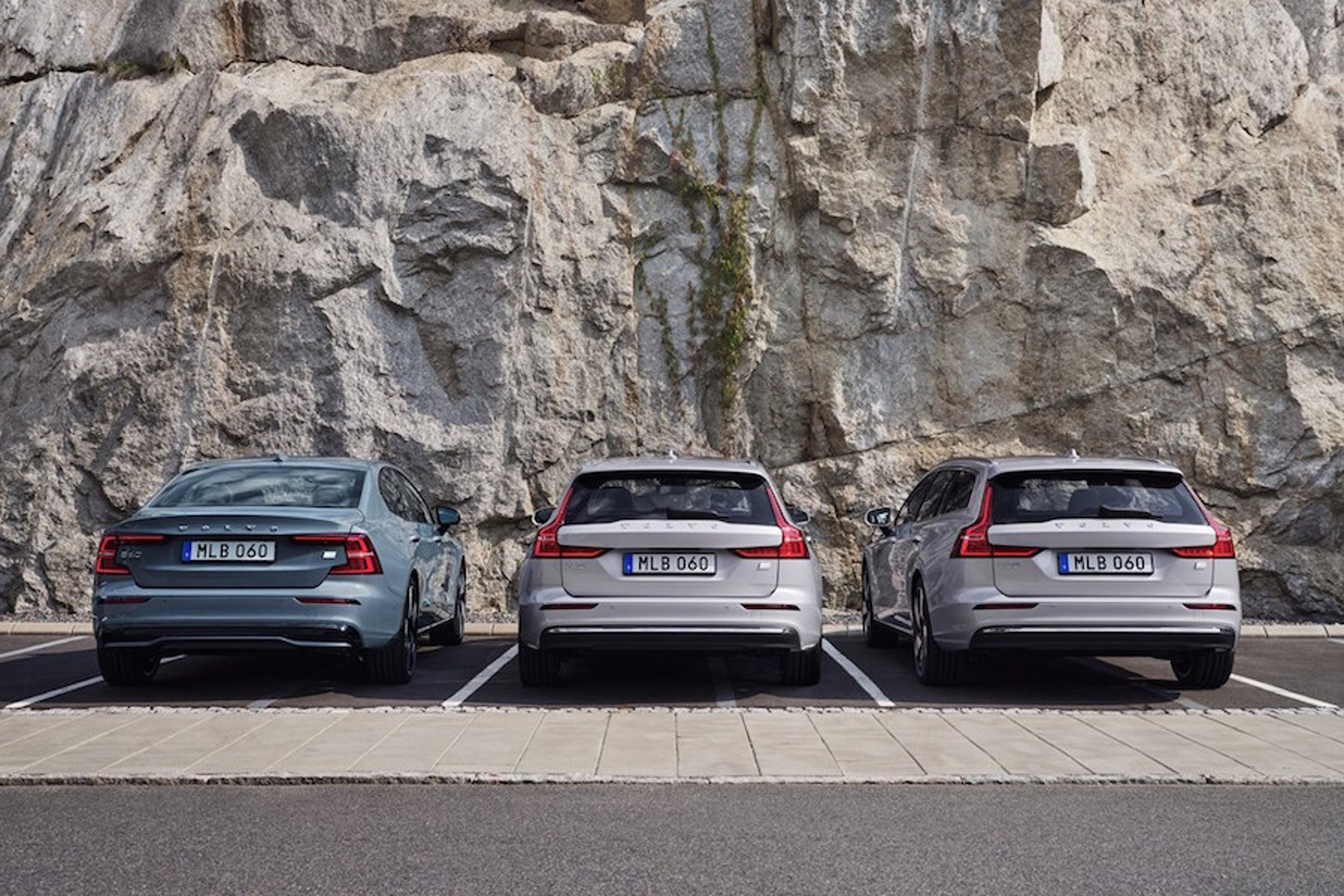The rise and rise of the SUV: What next for sedans and wagons?
Volvo Cars will no longer sell sedans and wagons in the UK. What does that mean for Australia, and will Volvo ultimately see sufficient demand for an all-electric wagon?

Volvo Cars has moved to sell only SUVs in the UK. Ultimately it could make the same decision in other markets, including Australia.
The rationale is a combination of economics, efficiency and demand. SUV sales are powering globally while sales of sedans and wagons are in decline.
That’s definitely the trend in Australia. Across the board, sales of passenger cars are sputtering. For the first six months of 2023, passenger car sales were back 0.6 per cent on 2022. SUV sales grew 14 per cent over the same period. Overall, SUVs now outsell passenger cars by more than three to one.
At the same time, sales of all-electric SUVs are starting to take off. There were just 3,209 electric SUVs sold in the first six months of 2022. In the first six months of this year there were 28,373, an increase of 784 per cent.
It’s a similar picture in other markets. According to latest UK sales data, seven of the top ten cars sold so far this year are SUVs. The other three are hatchbacks. No sedan or wagon makes the list. Meanwhile, sales of electric vehicles continue to grow strongly, now making up 16 per cent of total UK car sales.
As carmakers move increasingly towards all electric vehicles – with Volvo Cars committed to leading the pack – they must make the models most in demand in order to recoup huge investments required to pivot from internal combustion engines. Especially in the early stages, before unit economics improve with economies of scale.
“They remain part of our model line up,”
**Still selling in Australia**
In the first half of this year, Volvo Car Australia sold 70 S60s – half the number it sold in the first six months of 2022 (141 units).
The V60 Cross Country fared better on a like for like basis, with 92 units sold in the first half, down 14 per cent versus the first six months of 2022 (107 units).
In July, sales of both models picked up, leaving the V60 Cross Country only slightly down (-5.85 per cent) year-to-date versus the first seven months of last year.
The S60 is back 39.2 per cent overall.
In the immediate term, the company remains committed to selling both models in Australia.
“They remain part of our model line up,” according to a Volvo Car Australia spokesperson.
Either way, the company plans to sell only electric cars in Australia by 2026. Does that mean it’s the end of the road for sedans and wagons?
“As we head toward executing our all-electric car strategy, our model line-up could look different in the future,” per the spokesperson.
**An all-electric wagon?**
Either way, Volvo Cars has not yet ruled out building an all-electric wagon. Global CEO Jim Rowan said it’s something the company is weighing up.
“Can we do a really nicely designed and intelligent wagon? Yes, of course we can,” he told Autotrader at the launch of the EX30. “The point really is whether we should do it – is there enough margin there, is there enough demand for that car?
“It’s a decision that we need to make, and we need to make it with the market intelligence that we have. We’re going to launch a new electric car every year for the next five years. Will an electric wagon be one of them? Watch this space.”